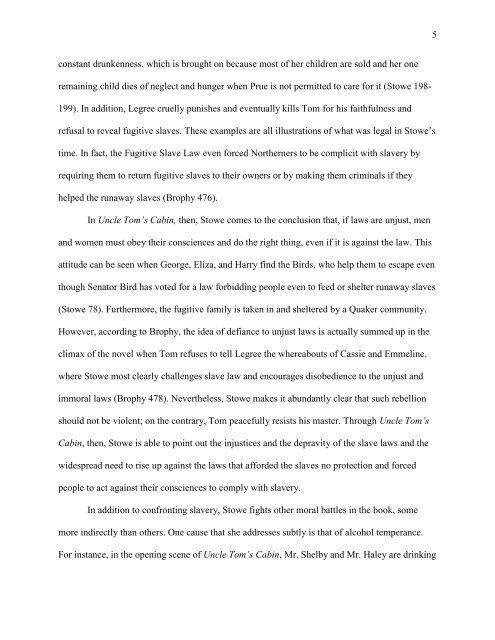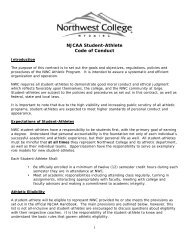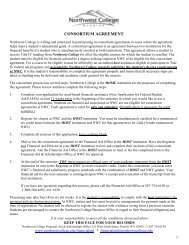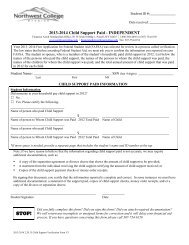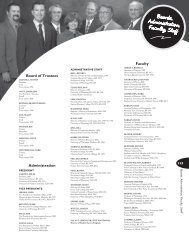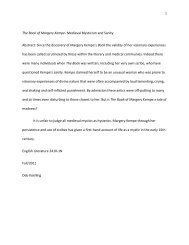Uncle Tom's Cabin
Uncle Tom's Cabin
Uncle Tom's Cabin
Create successful ePaper yourself
Turn your PDF publications into a flip-book with our unique Google optimized e-Paper software.
5<br />
constant drunkenness, which is brought on because most of her children are sold and her one<br />
remaining child dies of neglect and hunger when Prue is not permitted to care for it (Stowe 198-<br />
199). In addition, Legree cruelly punishes and eventually kills Tom for his faithfulness and<br />
refusal to reveal fugitive slaves. These examples are all illustrations of what was legal in Stowe’s<br />
time. In fact, the Fugitive Slave Law even forced Northerners to be complicit with slavery by<br />
requiring them to return fugitive slaves to their owners or by making them criminals if they<br />
helped the runaway slaves (Brophy 476).<br />
In <strong>Uncle</strong> Tom’s <strong>Cabin</strong>, then, Stowe comes to the conclusion that, if laws are unjust, men<br />
and women must obey their consciences and do the right thing, even if it is against the law. This<br />
attitude can be seen when George, Eliza, and Harry find the Birds, who help them to escape even<br />
though Senator Bird has voted for a law forbidding people even to feed or shelter runaway slaves<br />
(Stowe 78). Furthermore, the fugitive family is taken in and sheltered by a Quaker community.<br />
However, according to Brophy, the idea of defiance to unjust laws is actually summed up in the<br />
climax of the novel when Tom refuses to tell Legree the whereabouts of Cassie and Emmeline,<br />
where Stowe most clearly challenges slave law and encourages disobedience to the unjust and<br />
immoral laws (Brophy 478). Nevertheless, Stowe makes it abundantly clear that such rebellion<br />
should not be violent; on the contrary, Tom peacefully resists his master. Through <strong>Uncle</strong> Tom’s<br />
<strong>Cabin</strong>, then, Stowe is able to point out the injustices and the depravity of the slave laws and the<br />
widespread need to rise up against the laws that afforded the slaves no protection and forced<br />
people to act against their consciences to comply with slavery.<br />
In addition to confronting slavery, Stowe fights other moral battles in the book, some<br />
more indirectly than others. One cause that she addresses subtly is that of alcohol temperance.<br />
For instance, in the opening scene of <strong>Uncle</strong> Tom’s <strong>Cabin</strong>, Mr. Shelby and Mr. Haley are drinking


